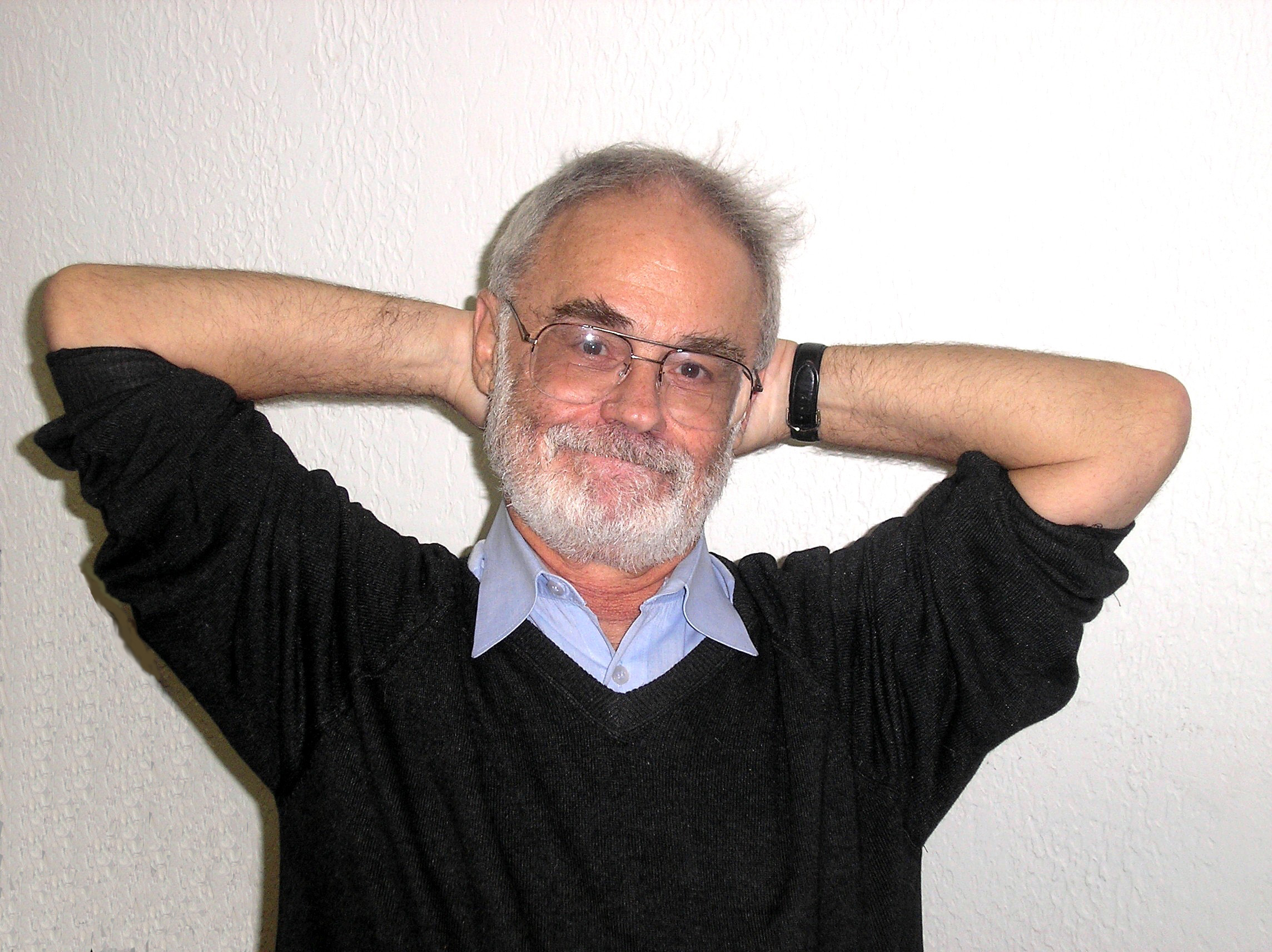
To Professor Howard Schwartz, few topics are as fascinating as the phenomenon of political correctness and its far-reaching impact on society.
“I understood early on that this was a very powerful social movement that nobody understood and whose very existence was acknowledged by almost no one,” says Schwartz, professor, organizational behavior in the SBA’s Department of Management and Marketing. “I started thinking about it and talking about it, and people responded as if I had stuck their fingers in an electrical socket. Who could not be fascinated? I couldn’t imagine that any social scientist could be interested in studying anything else.”
Schwartz is widely respected for the thought-provoking writings he has produced on this topic.
“The underlying idea of his work is found in the title of Dr. Schwartz’ most recent book, Society Against Itself,” says Larry Hirschhorn, a principal at the Center for Applied Research in  Philadelphia. “That’s a subject no one has addressed but him.”
Philadelphia. “That’s a subject no one has addressed but him.”
Schwartz is not afraid to take bold stances in his writing, but the quality of his research is equally notable, says Hirschhorn, a founder and past president of the International Society for the Psychoanalytic Study of Organizations, who has collaborated on articles with Schwartz.
“He is an incredibly logical thinker; his scholarly arguments are iron clad,” Hirschhorn says. “Dr. Schwartz stays with the research and really develops it. His work is never superficial.”
The passion Schwartz brings to his research and writing is evident in the classroom as well. Schwartz, an SBA faculty member since 1977, teaches undergraduate and graduate courses in organizational behavior.
Justin Riley, MBA ’11, says Schwartz made a strong impression on him when he took Schwartz’s online course in multiculturalism.
“It was a conversational class,” Riley says. “A lot of time, he played what he called ‘devil’s advocate’ to get good conversations started.” It would have been satisfactory for Schwartz to write a single response to his students’ comments and observations, Riley adds. Instead, Schwartz contributed frequently to the online dialogue, which led to a much more vibrant, stimulating learning environment for his students.
“He obviously put a lot of effort into it,” Riley says. “He’s definitely passionate about what he’s doing.”
Throughout his academic career, Schwartz has been interested in the “whys” behind organizational behavior. Through his research, Schwartz has delved into such topics as obligation as a form of work motivation, the psychodynamics of organizational culture, totalitarianism and hysteria. He has published articles in respected journals, including the Academy of Management Review, Human Relations, The Columbia Journal of World Business, The Journal of Applied Behavioral Science, Organization Studies and Administration and Society.
His first book, published in 1992, Narcissistic Process and Corporate Decay: The Theory of the Organization Ideal, explores management narcissism and its impact on American industry.
From there, Schwartz’ books delved into political correctness, its origins and its repercussions.
In The Revolt of the Primitive: An Inquiry into the Roots of Political Correctness, published in 2003, Schwartz explores the psychological dynamics of political correctness and gender warfare.
In it, Schwartz outlines his theory that political correctness represents a revolt against the father in the name of a primitive image of an omnipotent mother. “Reflecting upon it led me to the view that there is a fundamentally nihilistic element in this, and that ultimately it must be destructive of organizations,” Schwartz says. “I looked for ways in which that played itself out in specific organizational failures.”
Schwartz builds upon this idea in his most recent book, published in 2010. “Society Against Itself is a series of case studies in which I get into the guts of this self-destructive process, each of them fascinating in its own unique way.”
A new book in the works is a further development of the same theory, Schwartz says, this time looking at the basic structures that hold society and psychological life together. “Political correctness is moved by some very deep and primitive stuff. As time goes by we see its capacity for destruction at a deeper and deeper level. My current piece of the project is an analysis of last summer’s British riots and the implications for social order.”
In addition to his writing, Schwartz is active in a number of professional organizations and is a founding member of the International Society for the Psychoanalytic Study of Organizations, established about 30 years ago.
Schwartz served for 10 years as president of the Michigan Association of Scholars, an affiliate of the National Association of Scholars. The organization of university faculty was founded to combat the politicalization of higher education.
“I think our greatest contribution was our support for the Michigan Civil Rights Initiative, which eliminated racial preferences in state supported institutions,” Schwartz says.
Schwartz’ drive, courage and thoughtful approach to his work have contributed greatly to the value the SBA offers its students and to the school’s reputation for excellence nationwide.
Howard F. Stein, professor, Department of Family and Preventive Medicine, University of Oklahoma Health Sciences Center, Oklahoma City, Okla., praised Schwartz for the passion, thoughtful analysis and rich case studies that shape his most recent book.
“One need not be a psychoanalyst or psychoanalytically-oriented organizational researcher to be enriched by it,” Stein writes. “The future of democratic governance and education depends on books like this to nourish it.”
By Flori Meeks
To Professor Howard Schwartz, few topics are as fascinating as the phenomenon of political correctness and its far-reaching impact on society.
“I understood early on that this was a very powerful social movement that nobody understood and whose very existence was acknowledged by almost no one,” says Schwartz, professor, organizational behavior in the SBA’s Department of Management and Marketing. “I started thinking about it and talking about it, and people responded as if I had stuck their fingers in an electrical socket. Who could not be fascinated? I couldn’t imagine that any social scientist could be interested in studying anything else.”